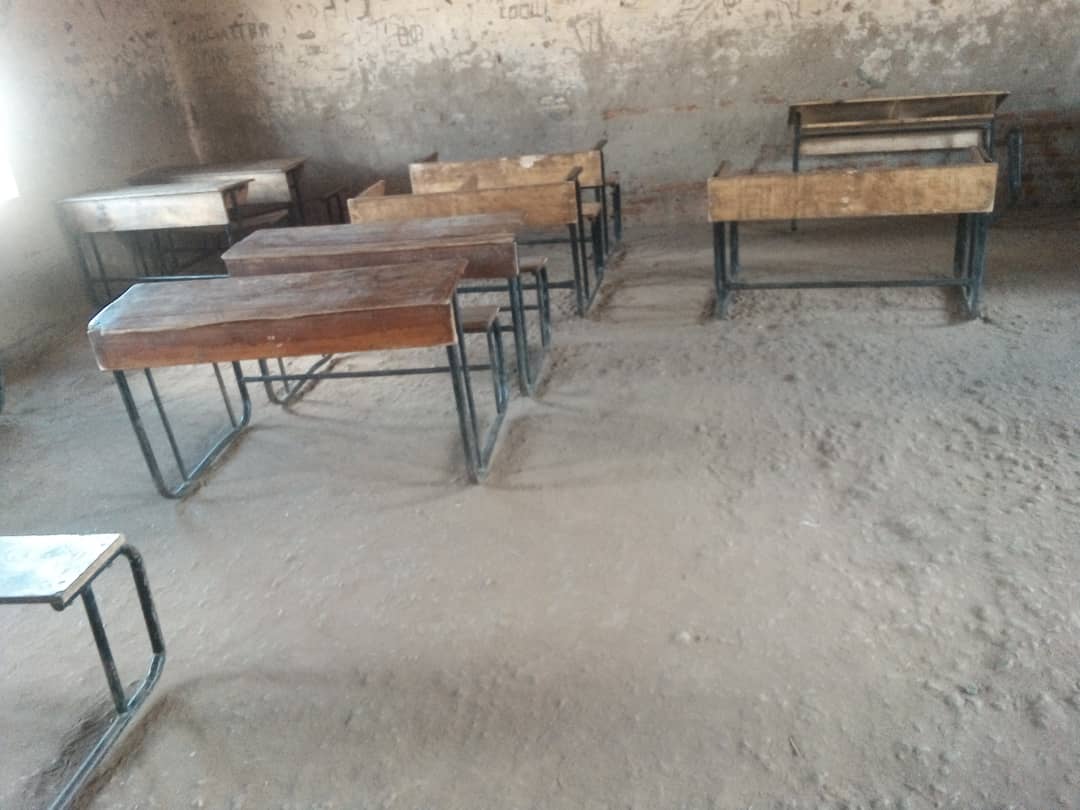By Burnett Munthali
The political unrest in Malawi has escalated in a manner that mirrors the early stages of conflicts seen in Rwanda and South Sudan. What started as small, localized issues have now led to severe consequences, particularly in the central region of the country.
The crisis began when police were deployed to protect political party supporters in the central region. This was followed by a reaction from factions in the southern part of the country, who moved to establish their own autonomous region. In retaliation, they shut down all oil routes from Beira to Lilongwe, creating a ripple effect that has worsened the situation.
In the northern part of the country, another faction took matters into their own hands by establishing their own region and closing the border with Tanzania. These actions resulted in severe shortages of fuel, foreign exchange (Forex), and fertilizer in the central region, as trucks coming from outside the country were unable to pass through these newly established borders. As a result, the cost of goods in the central region skyrocketed, creating economic disparity compared to other parts of the country.
The unfolding crisis in Malawi is reminiscent of the early days of the conflicts in Rwanda, where over a million people lost their lives. What started as a small political issue in Rwanda quickly spiraled into a devastating genocide. Similarly, the situation in Malawi, which initially seemed manageable, has rapidly escalated and is now threatening the country’s stability.
As reported by Bakili Muluzi TV, the situation could lead to widespread loss of life if the tensions are not addressed in time. In Rwanda, a million people were killed; the unrest in Malawi could potentially follow the same tragic path if not handled with caution.
The lesson here is clear: the situation in Malawi, much like in Rwanda and South Sudan, has the potential to grow from small unrest to full-blown conflict. It is crucial for Malawians to remain vigilant and for leaders to take swift action to de-escalate tensions before it’s too late.




